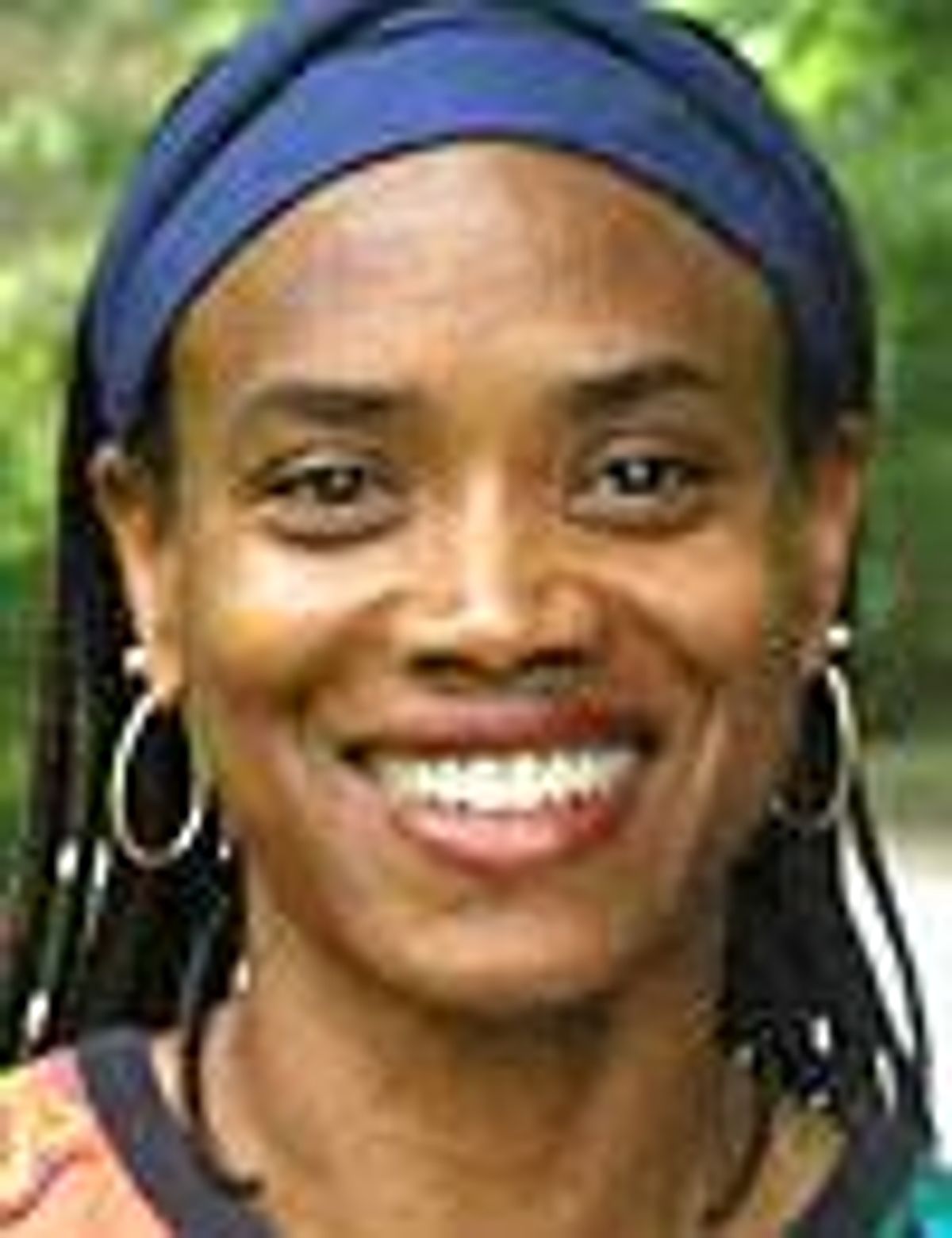In celebrating
Black History Month, I am reminded of no greater challenge
to the African-American community than the issue of marriage
equality.
With the topic
still being debated--with African-American ministers
leading the campaign against it and, ironically, with many
lesbian, gay, bisexual, transgender, and queer
African-Americans also not wedded to the idea--I
am afraid that the civil rights issues concerning same-sex
marriage as it affects all black families, straight and gay
alike, may very well become a nonissue.
And if we are
looking at how to move forward on the issue of same-sex
marriage, let us remember that an African-American woman
named Mildred Loving set the precedent for same-sex
marriage. Loving gained notoriety when the U.S.
Supreme Court decided in her favor that antimiscegenation
laws are unconstitutional. Her crime was this
country's racial and gender
obsession--interracial marriage.
Married to a
white man, Loving and her husband were indicted by a
Virginia grand jury in October 1958 for violating the
state's Racial Integrity Act of 1924. The trial
judge stated the following to the guilty couple:
"Almighty God created the races white, black, yellow,
malay, and red, and he placed them on separate
continents. And but for the interference with his
arrangement there would be no cause for such
marriages. The fact that he separated the races shows that
he did not intend for the races to mix."
The trial judge
suspended their sentences on condition that the Lovings
leave Virginia and not return to the state together for 25
years. The Lovings initially agreed and left, but
returned soon after and decided to fight their case.
On June 12, 1967, Chief Justice Earl Warren delivered
the opinion of the high court: "Marriage is one of
the 'basic civil rights of man,'
fundamental to our very existence and survival... Under
our Constitution, the freedom to marry, or not marry,
a person of another race resides with the individual
and cannot be infringed by the state."
One of the ways
this society has been able to control and regulate human
sexuality and race relations is through the institution of
marriage. Before the Loving case, there was the case
of marriage equality concerning our ancestors residing
in the American South. African-American slaves were
forbidden to marry until the end of the Civil War in 1865.
Prior to that, my ancestors had to "jump over the
broom"--an African-American
tradition--to seal their nuptials before a crowd of
witnesses.
African-Americans
have always had a tenuous relationship with the
institution of marriage. Therefore, one can argue that the
topic of marriage equality in the United States has
always been a black issue. So I ask: Why the
opposition or indifference to same-sex marriage? Social
research shows that African-American same-gender households
have everything to gain in the struggle for marriage
equality and more to lose when states pass amendments
banning marriage equality and other forms of partner
recognition.
In November 2005,
Equality Maryland and the National Black Justice
Coalition published Jumping the Broom: A Black
Perspective on Same-Gender Marriage. The
publication was produced to initiate dialogue in
churches, fraternal organizations, media outlets, and NAACP
chapters.
The statistics
revealed the following: Forty-five percent of black
same-sex couples reported stable relationships of five years
or longer. And 20% of black male and 24% of black
female government employees who live in same-sex
households are denied health care benefits for their
partners because domestic-partner benefits are unavailable
in their state.
Statistics may be
helpful, but what does same-sex marriage look like in
real time and in black face? Historically, it is about
saving black families, with its focus on spiritual
content and not physical composition. Contextually,
it's about raising and protecting our families.
It is LGBTQ couples raising their siblings' or other
family members' children because those family
members have died of AIDS or are incarcerated or are
too sick.
Multiple family
structures presented by same-sex marriages should not be
what the African-American community opposes, because
multiple family structures are what have saved and are
still saving African-American families. Grandmothers
or aunts and uncles--straight or gay--raising us
in their loving homes have anchored our families
through the centuries. And these multiple family
structures, which we have had to devise as a model of
resistance and liberation, have always, by example, shown
the rest of society what really constitutes family.
As for religious
objections, even if same-sex marriage becomes a legal
option, clergy will decide whom they wish to marry.
Mildred Loving
knew the importance of saving families. If you get tied in
a knot and start wondering what to do concerning the civil
rights of same-sex marriage, remember the
"Loving spirit" of Mildred.

















































































